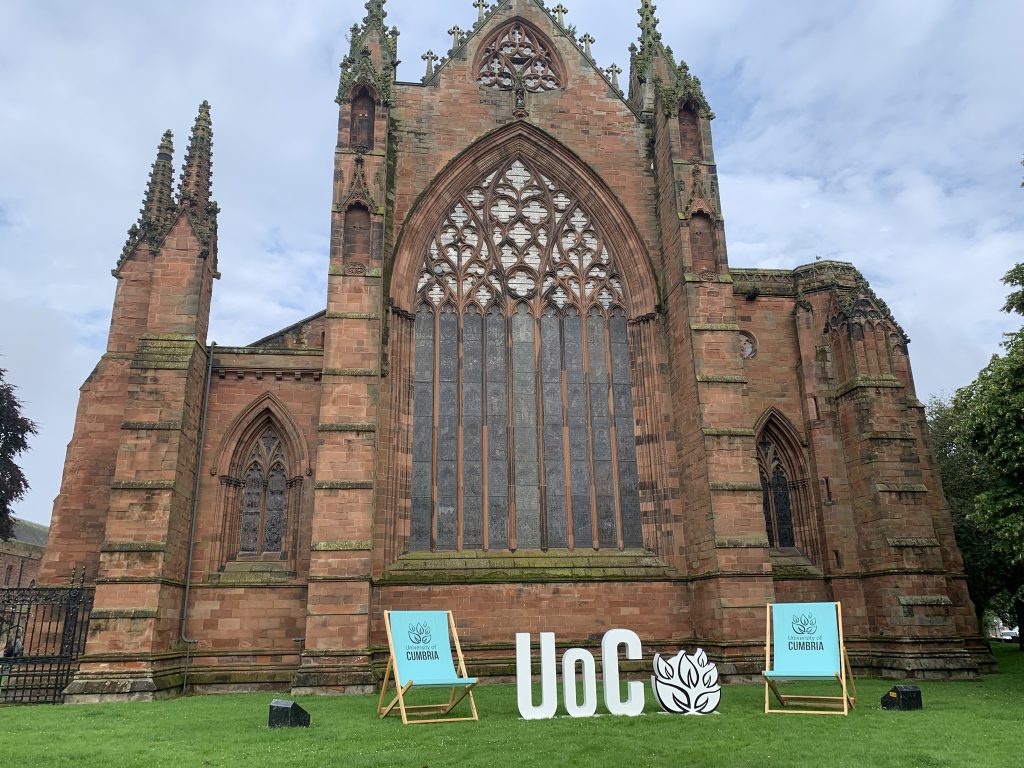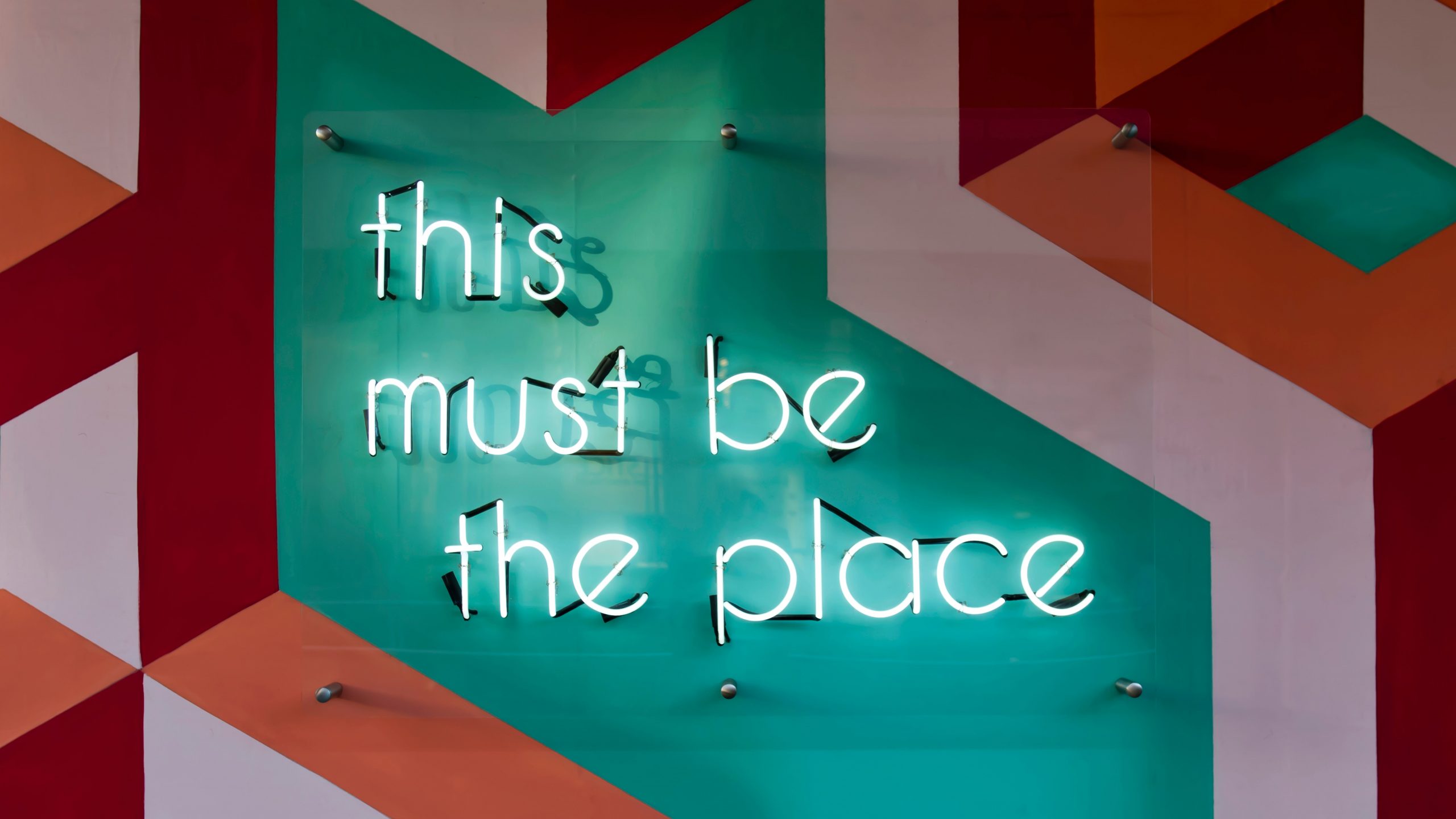Why Educational Leadership Matters More Than Ever
Education systems across the world are undergoing rapid transformation. Digital delivery, inclusive education practices, and the demand for lifelong learning have reshaped what it means to be an effective educator today. Increasingly, teachers and academic professionals are stepping into leadership and management roles to shape these changes at an institutional level.
An MBA in Educational Leadership offers educators the opportunity to extend their impact beyond the classroom — developing strategic, managerial, and leadership capabilities needed to lead modern educational organisations.
Delivered by the University of Cumbria in collaboration with Robert Kennedy College (RKC), this programme is designed specifically for educators seeking leadership roles in a global education environment.

Why Choose an MBA in Educational Leadership?
Unlike traditional education degrees, an MBA in Educational Leadership combines educational theory with business and leadership practice. This approach prepares graduates to:
- Lead schools, colleges, universities, and training organisations
- Manage people, budgets, and institutional change
- Align educational strategy with global trends and policy shifts
- Improve student outcomes through effective leadership
For educators aspiring to roles such as academic manager, programme leader, school administrator, education consultant, or policy advisor, this qualification provides both credibility and practical skills.

University of Cumbria and Robert Kennedy College: A Global Partnership
The MBA in Educational Leadership is awarded by the University of Cumbria (UK) and delivered online through Robert Kennedy College, based in Switzerland. This partnership combines British academic standards with flexible, international online delivery. According to industry rankings, the University of Cumbria is #1 in the UK for producing business leaders (in Novuna’s Degrees that Lead to Leadership study) and #8 worldwide for quality education in the Times Higher Education Impact Rankings.
Key benefits of studying through RKC include:
- 100% online learning via a structured virtual campus
- Flexible study options designed for working professionals
- An international student cohort, offering global perspectives
- British degree recognition with worldwide relevance
This collaborative model reflects modern higher education delivery — accessible, inclusive, and globally connected.

Programme Modules: What Educators Learn
The MBA in Educational Leadership curriculum is structured to develop strategic, ethical, and people-focused leaders in education.
Core Modules
- Organisational Behaviour
Understand how individuals and teams function within educational organisations. - Marketing Management
Learn how educational institutions position themselves, communicate value, and respond to stakeholder needs. - Models and Theories of Educational Leadership
Explore leadership frameworks specific to educational contexts, grounded in research and practice. - Enterprise Ethics and Sustainability
Develop responsible leadership approaches aligned with ethical and sustainable education systems. - Strategic Management
Gain the skills to lead change, manage complexity, and make long-term strategic decisions.
Elective Modules
Students choose electives such as:
- Financial Management
- Money Management
These modules are particularly valuable for educators moving into senior leadership roles involving budgeting, funding, and resource planning.
Dissertation
The programme concludes with a research-based dissertation, allowing students to investigate a real-world educational leadership issue relevant to their professional context.

Supporting Global Teaching Trends
Blended and Online Learning
The programme’s online delivery mirrors the global shift toward blended and digital education, preparing leaders to design, manage, and evaluate flexible learning models within their institutions.
Inclusive Education
Learning within an international cohort encourages cultural awareness and inclusive leadership practices — essential for supporting diverse student populations and equitable education systems.
Lifelong Learning
By returning to study themselves, educators embody the principle of lifelong learning, strengthening their ability to foster learning cultures within their organisations.
Career Pathways After an MBA in Educational Leadership

Graduates of the MBA in Educational Leadership are well-positioned for roles such as:
- Academic or Programme Manager
- School or College Administrator
- Education Consultant
- Learning and Development Manager
- Policy and Education Strategy Advisor
The programme supports both career progression and professional transformation, enabling educators to influence education at scale.
From Educator to Education Leader
Education leaders play a critical role in shaping the future of learning. The MBA in Educational Leadership from the University of Cumbria, delivered in collaboration with Robert Kennedy College, equips educators with the strategic insight, leadership capability, and global perspective required to lead confidently in a changing world.
For educators seeking leadership or management roles, this programme is more than a qualification — it is a pathway to greater impact, influence, and professional growth.

























